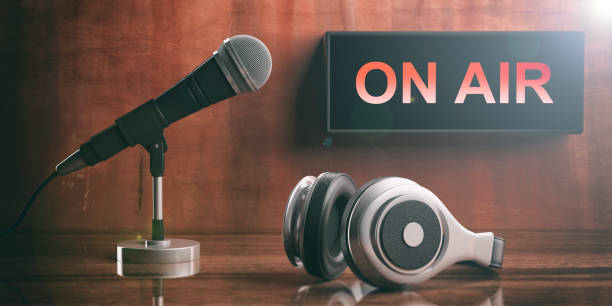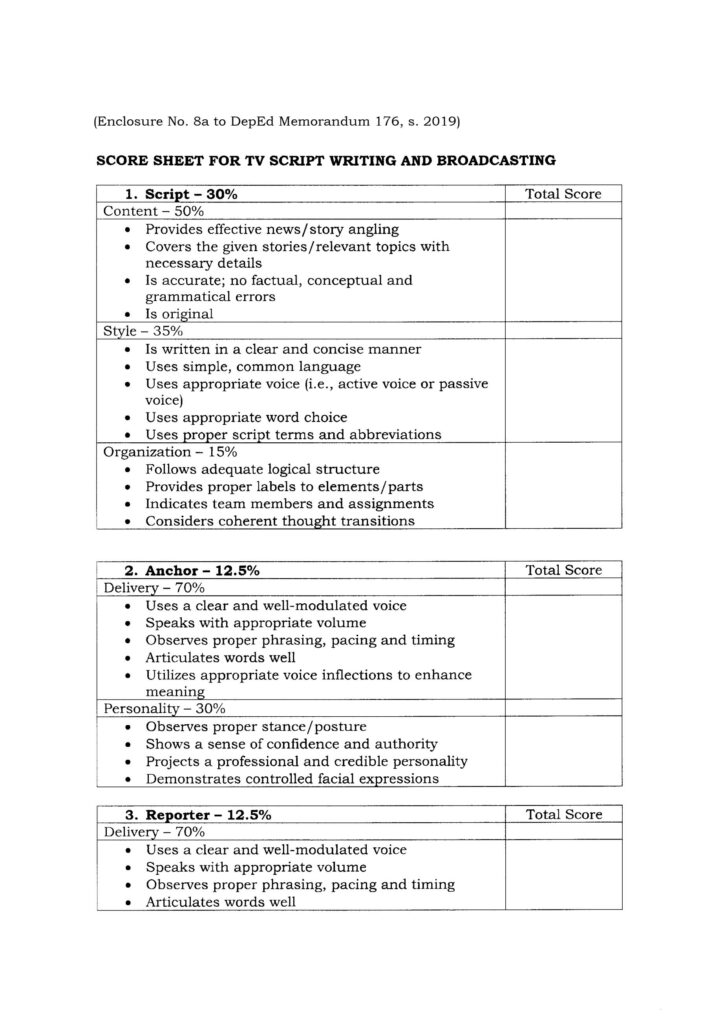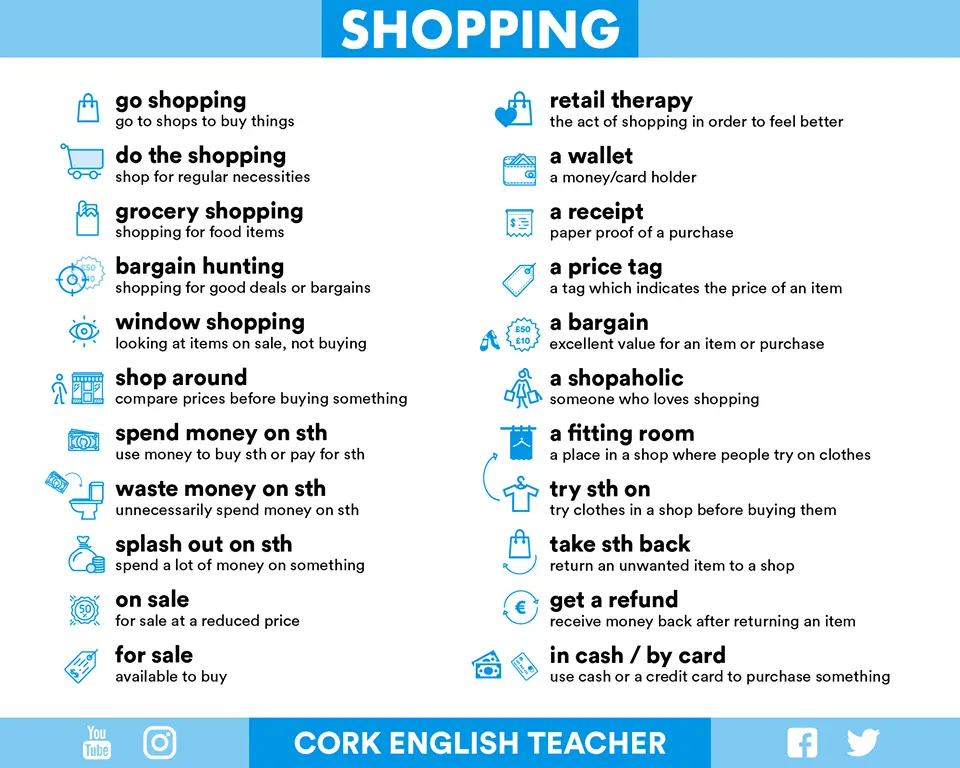European Parliament Ambassador School
Thursday, 22 December 2022
Tuesday, 20 December 2022
Cultural Divesity
What is cultural diversity?
Cultural diversity is where a society or group is made up of many different people. These people are from different countries, races and religions, and have different interests, skills and beliefs. Seven important actions involved in the definition of multiculturalism:
- recognition of the abundant diversity of cultures;
- respect for the differences;
- acknowledging the validity of different cultural expressions and contributions;
- valuing what other cultures offer;
- encouraging the contribution of diverse groups;
- empowering people to strengthen themselves and others to achieve their maximum potential by being critical of their own biases; and
- celebrating rather than just tolerating the differences in order to bring about unity through diversity.
Why is it important?
Multiculturalism has many benefits. The main one is that it encourages open-mindedness amongst different groups of people and it dispels negative stereotypes. This is extremely important as the UN reported that 1/3 of the world’s major conflicts have a cultural dimension to them.
Not only does cultural diversity promote peace, but it also makes our society a more interesting place to live. Different cultures have their own beliefs and interests which they can share to offer alternative ways of doing things. People from different cultures can give us different insights into food, language, music, arts & literature, history, religion and more.
Video about what cultural diversity is and why it is important in today’s society.
For more information about cultural diversity please visit un.org/en/observances/cultural-diversity-day
Use of English. Exercises:
Read the sentences below and match the underlined words to their definitions:
1. I’m in the mood for something spicy. I fancy an Indian meal.
2. Many people are able to converse in more than one language.
3. The new report will downplay the seriousness of global warming.
4. George knows how to cook. His culinary skills are excellent.
5. China has a vast population.
6. She sent her son to a private school because of its prestige.
a. feel like
b. make something appear less important than it really is
c. related to cooking
d. respect and admiration that someone or something gets for being successful or important
e. talk
f. very large
Read the article on the next page and find out the following information: In numbers:
1. the number of different languages spoken in Manchester
2. the population of Manchester
3. the number of young people who are able to speak more than one language
4. the growth in Manchester’s population between 2001 and 2011
5. the number of children who arrive in Manchester every year
Games:
https://frommanylands.com/activities/board-game-world-languages
https://frommanylands.com/activities/board-game-folk-dance-around-the-world
https://frommanylands.com/activities/matching-where-do-i-live-game
Wednesday, 14 December 2022
Tenses. Review. USE OF ENGLISH
VERBAL TENSES: https://test-english.com/grammar-points/b1-b2/narrative-tenses/3/
DISCOURSE MARKERS: https://test-english.com/grammar-points/b2/discourse-markers/
UNREAL PAST: https://test-english.com/grammar-points/b2/unreal-uses-past-tenses/
CONDITIONALS: https://test-english.com/grammar-points/b2/all-conditionals-mixed-conditionals-alternatives-if-inversion/
ALL TENSES: https://lingbase.com/en/english/grammar/all-tenses/exercises
XMAS IS JUST AROUND THE CORNER
A set of popular vocabulary game based on Taboo. Download here>>>>>christmas-forbidden-words1
1) Do you enjoy Christmas shopping, or do you find it a chore?
2 How early do you do your Christmas shopping?
3) Who do you buy Christmas presents for?
4) Have you ever shopped online for Christmas presents?
5) Do you give your Christmas gifts in bags, or wrap them in paper?
6) Which member of your family is the hardest person to buy for? Why?
7) Which member of your family is the easiest person to buy for? Why?
8) What was the best Christmas present you ever received? Why?
9) What was the worst Christmas present you ever received? Why?
10) Have you ever returned a Christmas present and exchanged it?
11) Have you ever bought Christmas presents in the sales, to put away for the next year?
12) Have you ever given hand-made Christmas presents to people?
13) When do you usually finish your Christmas shopping?
14) Do you feel Christmas has become too commercialised?
15) What are you hoping to get for Christmas this year?
Video Info: What do you know about Xmas?
Tuesday, 13 December 2022
On Air. Radio Show
Oral Interaction:
On a new series of podcast from our students, we focus on some topics which "catch our ears".
Commenting on current affairs, recently-passed laws and restrictions are on the spot, as well as sustainability worries about consumerism and frenzy shopping or some ethical red lines not to be trespassed for widespread dilemmas and animal vs human rights.
Quite interesting talk show, including a Christmas reflection, contrasting aspects which make up our students state of the question as ambassadors of the European citizenship.
Hope you enjoy it and thanks to all the participants and technicians which make it possible.
Thursday, 8 December 2022
Superstitions
Complete each gap with an appropriate form of the root word in brackets. You may need to add a prefix or suffix or use a plural form to fit the sentence.
1. This place has such great ______________ for me. I remember the wonderful holidays we used to have here when I was a child. (associate)
2. My parents were really happy when my sister got engaged. They gave her their ________________. (bless)
3. Henry? Is that you? I can’t believe you’re on holiday in the same hotel as we are, during the same week. What a ________________ ! (incident)
4. I’m sorry, but I’ve got an ___________________ fear of dogs. I don’t know why I feel this way, but I just can’t be near them. (rational)
5. She uses ___________________ from the fashion industry to make beautiful handbags. (remain)
6. You think we know what we’re doing? I’m afraid not - it’s all an ________________ ! (illusory)
Complete each gap in the notes with three words from the video.
- After all
- Along the same lines
- believe it or not
- Besides
- Of course
- Similarly
- So
- somehow
- Well
We use these words to make predictions about the future, often based on superstitions. Read these sentences and then underline four verbs and circle four nouns that relate to this function.
1. A high fever presaged more severe or long-term effects of the disease in some patients.
2. This is a sign that the economy is recovering.
3. High unemployment may foreshadow social unrest.
4. I saw a rainbow on my way to the job interview. This must be a good omen.
5. It doesn’t bode well that the hotel has lost our booking.
6. Many people see this company as a bellwether showing important trends for the future of this market.
7. Some people say that a red sky at dawn is a portent of bad weather.
8. Your marks on the practice exam augur well for the future
KEY:
VOCABULARY:1. associations 2. blessing(s) 3. coincidence
4. irrational 5. remnants 6. illusion
LISTENING: 1. weird and specific 2. at a table 3. the thirteenth floor 4. protection or blessing 5. coincidences and associations 6. life had ended 7. The number 14 8. cause an accident 9. Lighting three cigarettes 10. make you uncomfortable 11. require much effort 12. having greater control
WRITING:LINKERS: 1. So 2. Well 3. Of course 4. somehow 5. Similarly 6. believe it or not 7. Along the same lines 8. After all 9. Besides
Very superstitious,
Ladders bout' to fall,
Thirteen month old baby,
Broke the lookin' glass
Seven years of bad luck,
The good things in your past
That you don't understand,
Then you suffer,
Superstition aint the way
Wash your face and hands,
Rid me of the problem,
Do all that you can,
Keep me in a daydream,
Keep me goin' strong,
You don't wanna save me,
Sad is the soul
That you don't understand,
Then you suffer,
Superstition ain't the way,
Yeh, yeh
Nothin' more to say,
Very superstitious,
The devil's on his way,
Thirteen month old baby,
Broke the lookin' glass,
Seven years of bad luck,
Good things in your past
That you don't understand,
Then you suffer,
Superstition ain't the way,
No, no, no
Karaoke training: https://es.lyricstraining.com/play/stevie-wonder/superstition/HFPTX6wxWF#a7w
Sunday, 4 December 2022
Interaction. Radio Talk show
ETHICS:
- Do you consider yourself to be an ethical person?
- Have you ever found a smart phone? What did you do? If you haven’t, what do you think you would do?
- Would you risk your life to save another person?
- Would you jump into a deep river to save a drowning animal?
- What should a person do if they find a wallet? What do people usually do? What would you do?
- What are some ethical dilemmas you have faced?
- Is stealing ALWAYS wrong? When is it right to steal?
- If you could save people by killing one person, would you?
- How often do you lie? When is it okay to lie?
- What makes a person act ethically or unethically?
- If you saw a pickpocket stealing someone’s wallet what would you do?
- Should poor people be punished for stealing if they are stealing to feed their family?
| (1) | What comes to mind when you hear the word ‘smoking’? | ||||||||||||||||||||||||||||||||||||||||
| (2) | Smoking kills. Why don’t people understand this? | ||||||||||||||||||||||||||||||||||||||||
| (3) | Is smoking a problem in your country? | ||||||||||||||||||||||||||||||||||||||||
| (4) | Why do people start smoking? | ||||||||||||||||||||||||||||||||||||||||
| (5) | Why do you think it is so difficult for people to give up and quit smoking? | ||||||||||||||||||||||||||||||||||||||||
| (6) | Do you get angry about passive smoking – breathing in second-hand smoke? | ||||||||||||||||||||||||||||||||||||||||
| (7) | Do you think smokers should pay higher health costs? | ||||||||||||||||||||||||||||||||||||||||
| (8) | Should Hollywood, Bollywood, etc. show smoking in movies? | ||||||||||||||||||||||||||||||||||||||||
| (9) | Do you know any chain smokers? How could you get them to stop? | ||||||||||||||||||||||||||||||||||||||||
| (10) | Which is worse for your health, smoking every day or drinking every day?
|
Friday, 2 December 2022
Mediation
https://eoienglishclass.weebly.com/mediation.html
What is mediation in English teaching?
Have you ever noticed how your understanding of something often develops when you try to explain it to someone else? That’s the result of mediation, a core facet of communication that occurs when we take into account the needs of others, and adjust our own expression accordingly. When we mediate, we don’t just think about what to say, but also how to say it. This often results in new meanings and ways of communicating them as a result. In general, mediation includes activities that:
- Aid understanding between people
- Make things more comprehensible
- Make connections between ideas and information
- Support ‘talking things through’ to reach new conclusions
How does the mediation fit in the CEFR?
Mediation has become a hot topic of discussion in language learning recently because the concept has been significantly updated in the CEFR (Common European Framework of Reference for Languages).
The CEFR now gives us detailed descriptions of what learners ‘can do’ in a whole range of mediation activities at levels A1-C2. These descriptors have been published in the CEFR ‘Companion Volume’ (2018).
A key thing to note here is that the CEFR doesn’t break things down into four skills of listening, reading, speaking and writing. Instead it describes four ‘modes’ to better reflect how communication occurs in real life:
- Reception: comprehension in listening and reading
- Production: formulating something new to say or write
- Interaction: engaging in conversation or written exchanges
- Mediation: adjusting the message for the recipient
Sunday, 20 November 2022
November festivals: Thanksgiving, Blackfriday, Cybermonday, Buy Nothing Day
Black Friday is the day following Thanksgiving Day in the United States (the fourth Thursday of November). Since the early 2000s, it has been regarded as the beginning of the Christmas shopping season in the US, and most major retailers open very early (and more recently during overnight hours) and offer promotional sales. Black Friday is not an official holiday, but California and some other states observe "The Day After Thanksgiving" as a holiday for state government employees, sometimes in lieu of another federal holiday such as Columbus Day. Many non-retail employees and schools have both Thanksgiving and the following Friday off, which, along with the following regular weekend, makes it a four-day weekend, thereby increasing the number of potential shoppers. It has routinely been the busiest shopping day of the year since 2005, although news reports, which at that time were inaccurate, have described it as the busiest shopping day of the year for a much longer period of time.
Idioms
- bargain hunting. If you spend time in the shops looking for items to buy at the lowest price, you go bargain hunting.
- "During the sales I go bargain hunting with my friends!"
- "During the sales I go bargain hunting with my friends!"
- it's a bargain. Said when an article is well below the usual price.
- "That handbag goes beautifully with the dress, and at that price it's a bargain!"
- "That handbag goes beautifully with the dress, and at that price it's a bargain!"
- I can't afford it. If you can't afford something you don't have enough money to buy it.
- "I'd love that jacket but I can't afford it!"
- "I'd love that jacket but I can't afford it!"
- it costs an arm and a leg. If an article or service costs an arm and a leg, it is very expensive indeed.
- "The diamond engagement ring cost an arm and a leg!"
- "The diamond engagement ring cost an arm and a leg!"
- it costs a fortune. Something that costs a fortune is very expensive.
- "Look at the price of that bag - it costs a fortune!"
- "Look at the price of that bag - it costs a fortune!"
- it's a steal.The expression 'it's a steal'' means that something is so cheap that it’s almost as if you haven't paid anything for it.
- "At that price it's a steal. You won't find it cheaper in any other shop."
- "At that price it's a steal. You won't find it cheaper in any other shop."
- it's good value for money. Something that is good value for money is worth the money spent on it.
- "The quality is excellent so it's good value for money."
- "The quality is excellent so it's good value for money."
- it's a bit pricey. The expression a bit pricey means that something is a bit expensive.
- "Their clothes are a bit pricey but they have a wonderful selection"
- "Their clothes are a bit pricey but they have a wonderful selection"
- it's a rip-off. Something that costs much more than it should is called a rip-off.
- "$10 for an orange juice? That's a rip-off!"
- "$10 for an orange juice? That's a rip-off!"
- shop around. If you shop around, you visit a number of shops selling similar articles in order to compare the prices.
- "You can usually save money by shopping around."
- "You can usually save money by shopping around."
- shop till you drop. If you shop till you drop, you go shopping for a very long time, until you are exhausted.
- "If you go to London with Ashley, you'll shop till you drop, so take comfortable shoes!"
- "If you go to London with Ashley, you'll shop till you drop, so take comfortable shoes!"
- shopping spree. If you go on a shopping spree, you enjoy a lively outing, usually with much spending of money.
- "Liza is planning to go on a shopping spree as soon as she gets her bonus."
- "Liza is planning to go on a shopping spree as soon as she gets her bonus."
- shopping therapy. The term shopping therapy refers to the idea that buying things can make you feel better.
- "A little shopping therapy can usually cheer up bored teenagers."
- "A little shopping therapy can usually cheer up bored teenagers."
- splash out. If you splash out on something, you buy it even though it costs a lot of money.
- "When he got a promotion Andy splashed out on a brand new car."
- "When he got a promotion Andy splashed out on a brand new car."
- window shopping. When people go window shopping, they look at things in shop windows, without actually purchasing anything.
- "I haven't been paid yet, so I can only go window shopping."
BUY NOTHING DAY
What is Black Friday?
Is Black Friday out of control?
What’s the alternative to Black Friday?
Ethical spending
What else can you do on Buy Nothing Day?
Thanksgiving combines the traditions of different groups of people. Travellers and migrants brought different religious traditions from Europe to the United States and Canada. Several celebrations are claimed as the first Thanksgiving. The best known is the celebration held by the pilgrims in what is now Plymouth, Massachusetts after their journey across the Atlantic Ocean on the famous Mayflower ship. Like the pilgrims, many groups held days of prayer, fasting or feasting to give thanks for successfully making the long boat journey. Later, settlers celebrated their successful harvest in a new land by holding feasts with their Native American neighbours. Over time, the Canadian and American traditions have become similar and developed into the modern holiday of Thanksgiving.
Thanksgiving today
In Canada, Thanksgiving is celebrated on the second Monday in October. In the United States, it is on the fourth Thursday in November. Although its origins are religious, today, Thanksgiving is a largely secular holiday. For most Americans and Canadians, it is a day for coming together with family and friends to share a large meal. It is an occasion to spend time with loved ones and express gratitude for the year that has passed. In many households there is a tradition of everyone seated at the table sharing what they are most grateful for.
Thanksgiving food
Thanksgiving is also about food. Thanksgiving dinner traditionally includes roast turkey, mashed potatoes, cranberry sauce and, for dessert, apple, pumpkin or pecan pies. Every family has its own recipes, sometimes secret recipes handed down through generations. Turkey, a bird native to North America, is the unofficial mascot of Thanksgiving, with roast turkey on the menu and turkey decorations on the wall. In the United States, a tradition of gifting turkeys to the President has more recently evolved into a humorous turkey ‘pardoning’. At this light-hearted ceremony, the President issues an official pardon for one or two turkeys, saving them from being cooked for supper.
More than food: football, parades and traffic jams!
Beyond food and gratitude, there are some unexpected sides to the American and Canadian holiday. One of these is football. This popular sport is an important part of the holiday, when families gather around to cheer on local or national teams. American football and Canadian football are both similar to rugby, played primarily not with the feet but with the hands.
Parades are another common part of the festivities. In the United States, the Macy’s Thanksgiving Day Parade takes place in New York City on the morning of Thanksgiving. It’s one of the world’s largest parades and is broadcast nationwide. A similar Thanksgiving parade happens in Canada as part of the Kitchener–Waterloo Oktoberfest, a multi-day autumn festival.
Unfortunately, heavy traffic is also common at Thanksgiving. In both countries, the week of Thanksgiving is one of the most popular travel times of the year, as everyone heads home to visit their extended family. So try to avoid any road trips if you’re visiting North America during this holiday!
https://learnenglish.britishcouncil.org/general-english/magazine-zone/thanksgiving







